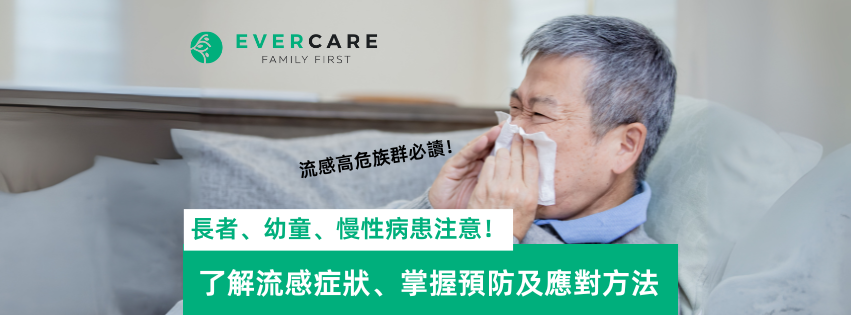Hospital discharge planning is a critical step in a patient’s recovery, but it’s often overlooked in Hong Kong’s increasingly strained medical system. Can home care bridge this gap? How can patients and their family benefit from home care services and improve their experience going home from hospital?
The efficacy of discharge arrangement and the quality of patients’ experience of discharge are critical markers for the quality of care. However, in Hong Kong’s overburdened health care system, discharge planning is either reduced to a last-minute exercise or winds up being overlooked.
Its implementation, too, has proven difficult in both public and private healthcare sectors. Patients too frail to be discharged or have caring issues will be engaged in more comprehensive discharge meetings, but with an average of 22 months to receive a subsidised residential care service, execution falls short of ideals. With an ageing population that is projected to double from about 60,000 in 2016 to 125,000 by 2051 , service shortage will only prove more challenging to satisfy.
While staffing is often the source of this ‘bottleneck’ issue, it is important for patients to understand the steps and process of discharge planning. Asking the right questions, or understanding how the transition could help families will not only make external services more valuable, but also help patients and their loved one prepare themselves for changes that are to come. Here are a few examples on how in-home care service could help you and your family coordinate better post-discharge care:
1. Better coordination of care
A major limitation in the current discharge service lies in the fragmentation of health care provision. Multiple agents are involved in the supervision of one patient, making it difficult to coordinate a fully comprehensive discharge plan. Clear communication between healthcare professionals is the bedrock of post-discharge care.
Home care operators such as
Evercare
have a well-versed team of registered nurses, physiotherapists, personal care aides, occupational therapists, and nutritionist. Operators can form a dedicated care team, working with the patient step-by-step to ensure that their needs and concerns are addressed. Click here to learn the extra post-discharge support you can get from Evercare.
2. Additional guidance in post-acute care
Education and knowledge are key to preventing readmission. However, health care personnel in public hospitals rarely have time to personalise plans and support patients and their families. Care professionals at Evercare train family caregivers and patients on risk diversion techniques, including appropriate ways to evaluate the home environment and monitor medication.
3. Extended support for elderly patients living alone
Discharge planning is particularly essential for old and frailing patients who lack the support network provided by close family and friends. According to a study , patients who live alone “had a substantial burden of dependency in very basic tasks,” and thus may require more intensive and regular support to maintain community living and improve in function after their hospital discharge.
Watch Ruby’s story to learn how home care services work and how we can support your family and your loved ones after a hospital stay. If you would like to learn more about Evercare’s post-discharge care services and how it can complement public health measures, give us a call at 3905 4000.
其他話題 Other Topics
最新的文章 Latest Posts

喜歡我們的文章嗎?
超過3,000位照顧者已經訂閱我們的資訊!訂閱我們的資訊,你可獲得免費護理工具、專家護理知識和同路人分享。立即訂閱,也可以隨時取消。請在此填寫你的姓名和電郵地址:

